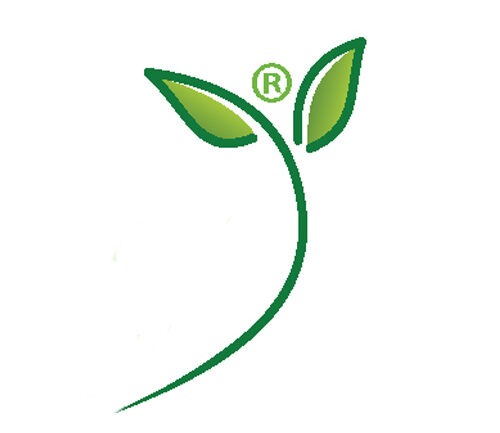The meat industry, a cornerstone of global agriculture, faces scrutiny not only for its impact on animal welfare and environmental degradation but also for its grave human rights violations. Rooted in a history dating back to the 1600s, the evolution of meat processing into a centralized powerhouse has given rise to a market dominated by a few billion-dollar corporations. These giants, responsible for the mass production of meat, wield immense power, often at the expense of vulnerable workers who face exploitation, discrimination, and unsafe working conditions.
The Historical Context of Meat Processing Exploitation
The transformation of the meat industry into its current industrialized form began in the 17th century with the establishment of the first meatpacking facilities. As the industry grew, so did the centralization and mechanization of meat processing, leading to the domination of the market by cattle barons and large corporations. This centralization has not only led to environmental and animal welfare concerns but has also perpetuated a system where workers are viewed as expendable assets, subjected to low wages and hazardous conditions.
Modern-Day Human Rights Abuses in the Meat Industry
Today, the meat industry is marred by systemic human rights issues, with workers, many of whom are immigrants, facing severe exploitation. Investigations and lawsuits reveal a grim picture of the industry’s treatment of its workforce, including cases of sexual abuse, wage manipulation, and denial of basic rights. The COVID-19 pandemic further exposed the industry’s disregard for worker safety, as outbreaks in meat plants worldwide highlighted the perilous conditions faced by employees.
The Need for a Shift Towards Ethical and Sustainable Practices
Addressing the human rights violations in the meat industry requires a fundamental shift in how we produce and consume food. The move towards a plant-forward system is crucial not only for animal welfare and environmental sustainability but also for creating a more ethical food industry that respects human dignity. However, change must go beyond individual choices and involve systemic reforms that prioritize worker rights, environmental protection, and animal welfare.
The Role of Localized Food Systems in Promoting Fairness
To counter the exploitation inherent in the centralized meat industry, there is a pressing need for a more regionalized food system that supports local farms, processing plants, and canneries. Such a system can help address food insecurity, promote accessibility to healthy foods, and ensure fair labor practices. Community-based systems, supported by regional infrastructure, can pave the way for a more equitable and sustainable food industry that benefits workers, consumers, and the planet alike.
Conclusion: A Unified Call for Reform
The meat industry’s human rights problem is a stark reminder of the urgent need for reform. As consumers, policymakers, and industry leaders, we must advocate for a food system that upholds human dignity, protects the environment, and ensures animal welfare. By embracing plant-based alternatives and supporting localized food systems, we can work towards a future where the meat industry no longer exploits its workers but operates within an ethical framework that respects all forms of life.








